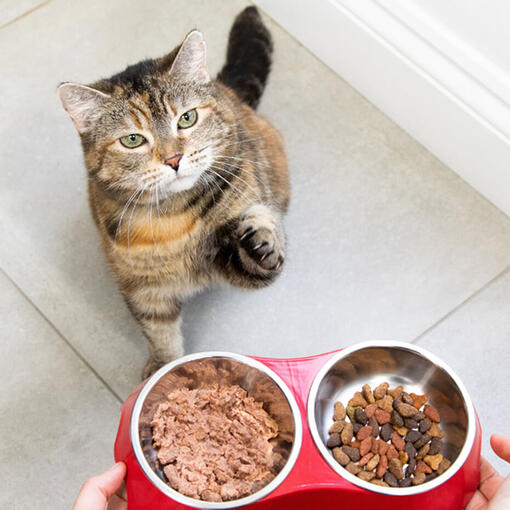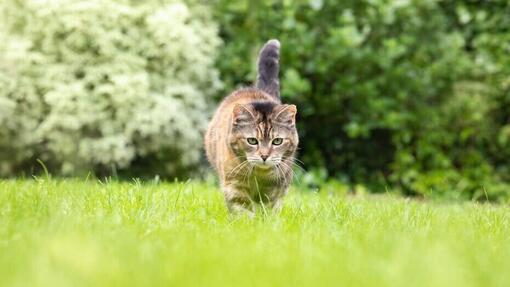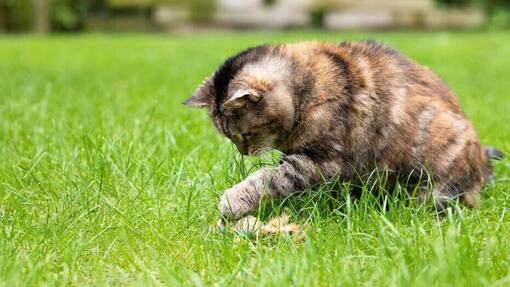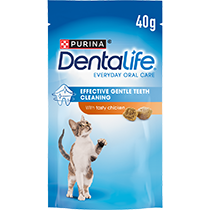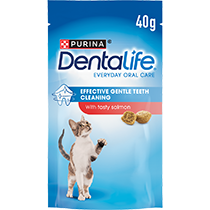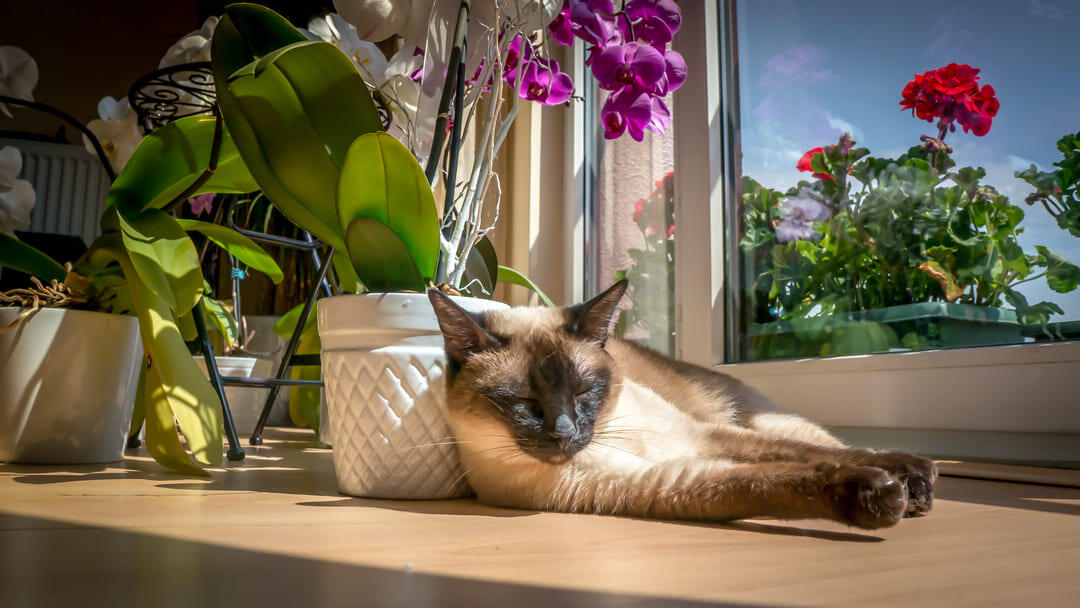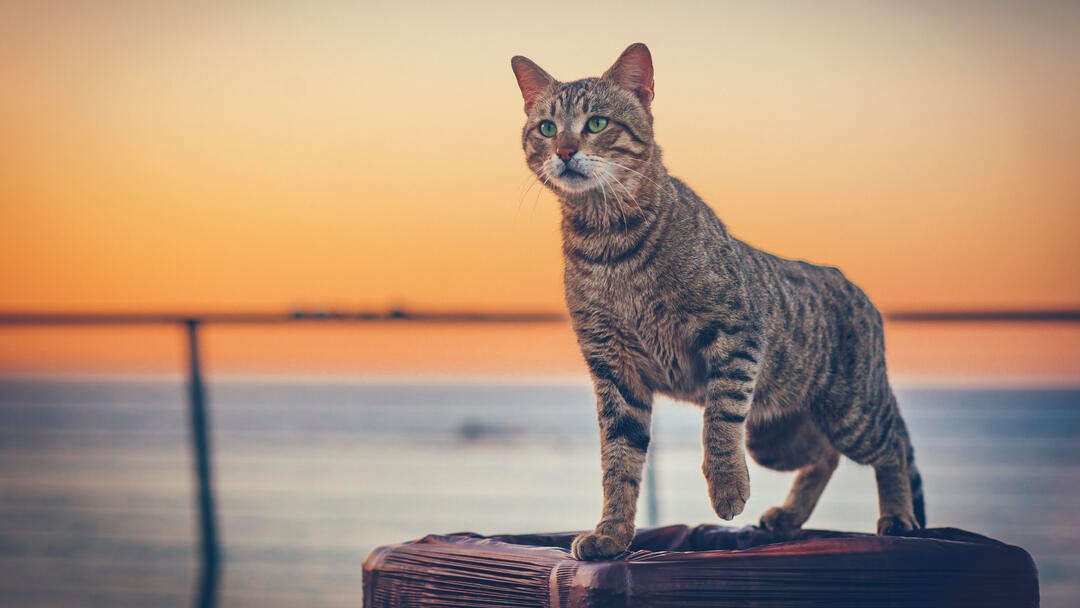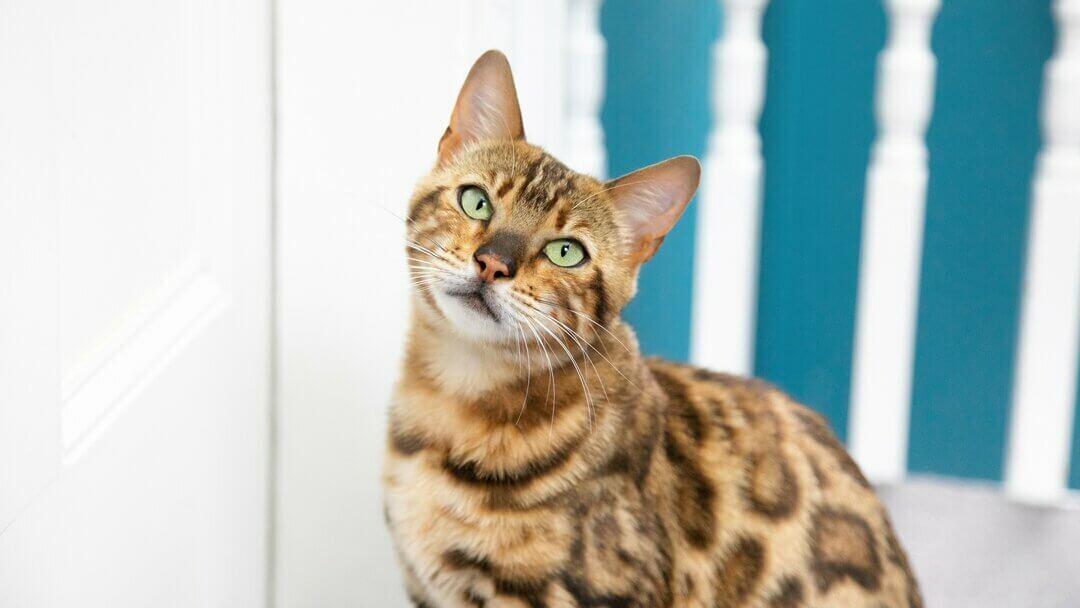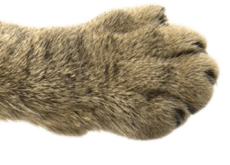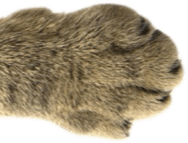Why Do Cats Bring You Mice or Dead Animals as Gifts?
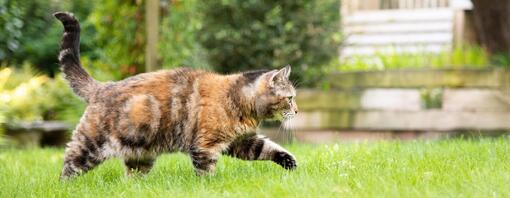
If you have a cat who has access to the great outdoors, you are probably no stranger to receiving ‘gifts’ from time to time. These treasures may take the form of dead spiders, mice, or even bigger prey like rabbits or squirrels (if your cat is a particularly adept hunter). This behaviour is one that frequently baffles owners, particularly when there is delicious food that is readily available at home.
So, why do cats bring you dead animals? Keep reading to find out all you need to know about why you receive these little unwanted presents.
Why do cats bring you dead animals?
The simple answer to why your cat brings you dead animals is because it is their natural instinct to do so. Your feline is a tiny predator and although they have been domesticated for thousands of years, this instinct to stalk and hunt can still be seen in your Cat today – even though they have no need to hunt for food.
In the wild, mother cats would teach their kittens how to survive, which included finding food and eating it. Even in a litter of tiny kittens, you can see them practising their stalking, pouncing and ‘killing’ behaviours.
With castration and spaying becoming the norm in owned cats, pets often do not have any offspring to pass their hunting know-how down to but the natural inbuilt instinct to hunt remains strong in our cats as they were taught by their mother.
Why do cats bring mice home?
It used to be thought that cats bringing home presents was an indication of affection and that we should look on it as a compliment. Or maybe that they thought that we are obviously totally useless at hunting and need some help in that department.
It is however now thought that cats quite simply prefer to bring their prey back to their core territory where it is safer to eat it – or store it for a bit later. This ‘core territory’ is the house – and often in the space they share with you.
However unpleasant you find this, it is important to remember that this is normal cat behaviour and if your cat has free roaming access outside, it is impossible to stop, however, it can be minimised.
How to stop your cat from bringing dead animals and mice home
Whilst your cat means well by bringing you home dead animals, it is not a very nice thing to receive and can also be quite damaging to the environment. According to a report from the RSPB, How Many Birds do Cats Kill? UK Bird Declines - The RSPB. It is estimated that cats in the UK alone catch up to one hundred million creatures over the spring and summer time, twenty-seven million of which are birds.
As this behaviour is part of what makes a cat a cat, it is impossible to train the behaviour out of them, but there are some simple steps you can take to protect the wildlife in your area – and prevent most of those unwanted presents.
1. Put a bell on their collar
Putting a bell on your cat’s collar is one of the easiest ways to prevent many of your cat’s successful hunts. A bell will sound your cat’s approach to wildlife and give them time to fly or scurry to safety. Always make sure that it is a quick-release collar though as this will undo if your cat happens to get stuck on something.
2. Be careful where you put bird feeders – or avoid these totally
If you have bird feeders in your garden and also happen to have a cat, be really cautious about where you place tables and feeders. Avoid putting any low to the ground that your cat can easily get to, and if your cat is a bit of a climber, it may be best to avoid bird feeders in the garden entirely. Encouraging birds to your garden is giving your cat almost endless opportunities…
3. Don’t let your cat out at certain times
Avoiding letting your cat out at dusk, night and in the early morning is one of an effective way to reduce them killing prey, as this is when small mammals and birds tend to be most active and at their most vulnerable. This may be easier said than done as cats, like many other mammals and birds, are crepuscular (meaning that they are most active at dawn and dusk), so you may find them yowling at the door and wreaking havoc, begging to be set free!
4. Give your cat an outlet for their hunting behaviours
If you give your cat an outlet for their instinct to hunt, it will help to satiate their prey drive. This isn’t just throwing them a catnip mouse however! Cats need to stalk, chase and pounce on things that move – so that means joining in with these games. There are endless toys on strings that you can buy to indulge your cat’s hardwired predatory behaviours.
There are also some great toys you can find that move unpredictably on their own accord, which provide great cat enrichment – along with food dispensing toys (which give them a yummy rewarding treat in place of devouring birds or mice).
Also give them a variety of heights, lookout spots, hiding places and supervision opportunities – as well as scratching posts, and comfortable lounging places. The more you can fulfil their feline needs, the less they will feel the need to go self-employed as ‘the scourge of the local wildlife’!
Play is fantastic for your cat as not only does it satisfy their need to hunt, it is also a great form of exercise and a way for you to bond with your feline.
5. Build a catio
The best prevention however for an outdoor cat is to build them their very own outdoor area full of enrichment opportunities but also fully enclosed so they can’t roam around the neighbourhood hunting (or indeed getting into danger or getting stolen). This can be attached to the house by a cat flap and will give your cat the opportunity to go outdoors but not to hunt and kill.
If, despite your best efforts, your cat still goes outside and catches and kills animals, it is even more important for you to keep on top of their flea and worm treatments. Hunting is one of the most common ways for your cat to catch worms and in addition, fleas will often hop from the deceased animal onto your pet.
Now you know why your cat brings you dead animals, and we hope we have also given you some insight into how you can help to protect the wildlife in your area!
Want to find out more about your feline’s behaviour? Learn why cats wag their tails, next.


